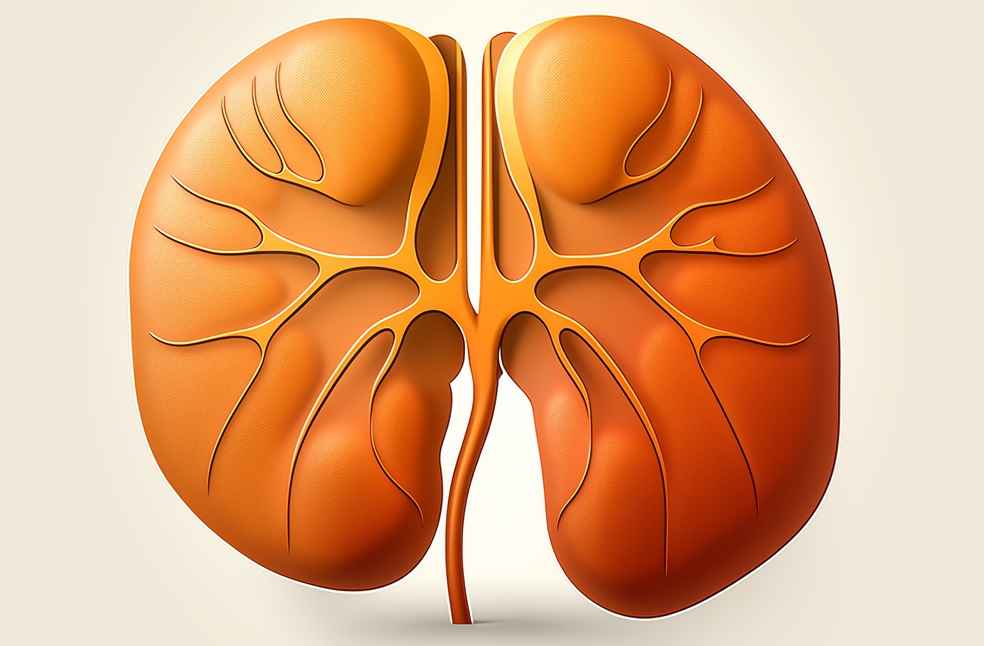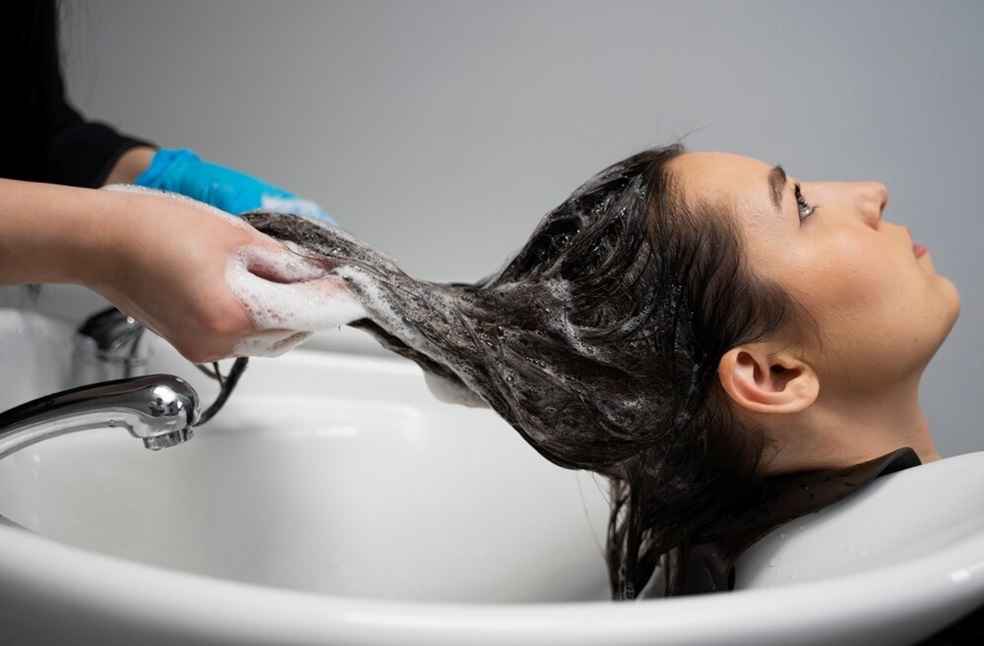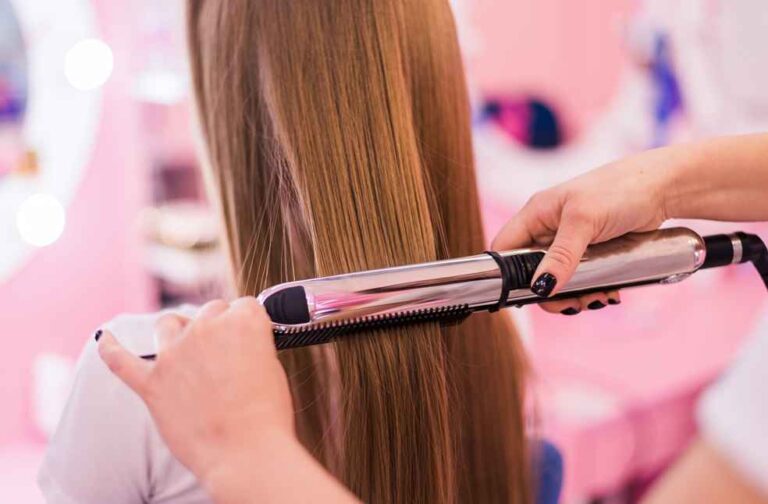People are always curious about experimenting with different styles and changing their overall appearance by straightening their hair.
Hair straightening treatment is a process that involves using either chemicals or heat to alter the natural texture of hair, transforming curly or wavy hair into smoother, straighter strands. Popular methods include chemical relaxers, keratin treatments, and hot styling tools like flat irons.
Chemical relaxers work by breaking down the hair’s natural bonds, allowing it to be reshaped into a straighter form. On the other hand, keratin treatments infuse the hair with proteins, reducing frizz and enhancing manageability. Most people go to salons for the best results because sometimes it is difficult to do hair styling by yourself.

A recent case published in The New England Journal of Medicine (NEJM) spotlights how elements in cosmetics pose a threat to human health and how these chemicals interrupt our physical procedures. A woman was diagnosed with kidney failure after a hair straightening treatment, a common therapy procedure in the beauty industry that women choose.
According to reports, the 26-year-old woman carried no previous history of kidney failure. As a result of her salon visit, she experienced nausea and back pain. Her recurrent episode of acute kidney injury was the result of oxalate nephropathy following hair straightening.
Defining oxalate nephropathy: what is it?

Oxalate nephropathy is a medical ailment where calcium oxalate crystals collect in the kidneys, which can lead to kidney failure and a defective process. The state can be caused by various aspects, including the ingestion of high-oxalate foods, specific medicines, or underlying metabolic ailments.
Symptoms of oxalate buildup in the kidneys may include flank pain, urinary urgency, and blood in the urine. Diagnosis generally involves urine and blood tests, along with imaging analyses to evaluate the kidney process and recognise any underlying causes. Treatment concentrates on controlling signs, preventing further crystal construction, and handling underlying elements donated to oxalate buildups, such as dietary changes and medication adjustments.
Glyoxylic acid damages kidneys

Glyoxylic acid found in hair straightening products caused kidney damage in this particular case. The woman’s blood held elevated levels of creatinine, which showed that her kidneys were not working properly. She found blood in her urine, but there were no indications of disease.
A computed tomography (CT) scan ensured that her urinary system, including her kidneys, bladder, ureters, and urethra, was not obstructed. Glyoxylic acid, a common element in hair straightening products, causes scalp burns and ulcers. The acid sponged through her skin and reached her kidneys.

Although this organic compound is commonly found and used in various applications, it can be harmful to humans if not handled properly or ingested in large quantities, including as a component in certain skincare products.
Repeated or prolonged exposure to high levels of the substance may pose a threat to your health, including the possibility of liver and kidney damage. Therefore, it’s important to follow proper safety precautions and handling procedures to minimize the risk of adverse effects.



